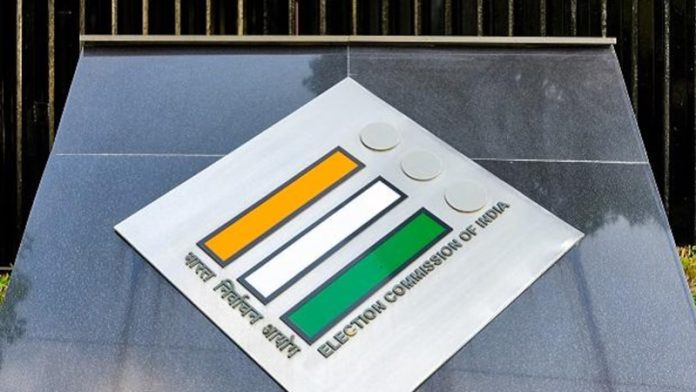In a true democracy, the sanctity of elections lies at the core of its governance structure. Ensuring free and fair elections is not just the responsibility of the Election Commission of India (ECI) but also a collective duty of every citizen. Recognising the pivotal role citizens play in upholding the democratic process, the Election Commission has introduced an innovative and empowering tool, ‘cVIGIL’, an online application launched as a testament to its commitment towards enhancing transparency and accountability in the electoral process. One of the most commendable features of cVIGIL is its real-time reporting mechanism for Model Code of Conduct (MCC) violations. By enabling citizens to report incidents promptly through the application, cVIGIL eliminates the need for them to physically visit the office of the returning officer. This not only saves time but also expedites the process of addressing electoral malpractices, thereby bolstering the integrity of elections.
The swift response facilitated by cVIGIL is pivotal in curbing electoral misconduct. Incidents reported through the application are swiftly forwarded to flying squads for investigation, ensuring timely intervention and remedial action. Moreover, the generation of unique ID numbers for registered complaints allows citizens to track the status of their reports, instilling a sense of accountability in the system. Anonymity is often a concern for individuals who are hesitant to report electoral violations. cVIGIL addresses this apprehension by offering a platform where citizens can report incidents anonymously. While ensuring confidentiality, the application still maintains the efficacy of tracking reported cases, albeit without unique identification numbers. This feature encourages broader participation, amplifying the collective effort towards ensuring fair elections. The availability of cVIGIL on both Android and iOS platforms further enhances accessibility, catering to a diverse range of users across the country. Practically, cVIGIL heralds a new era of citizen-centric governance, where technology is harnessed to empower individuals and fortify the democratic fabric.
Trending Now
E-Paper


